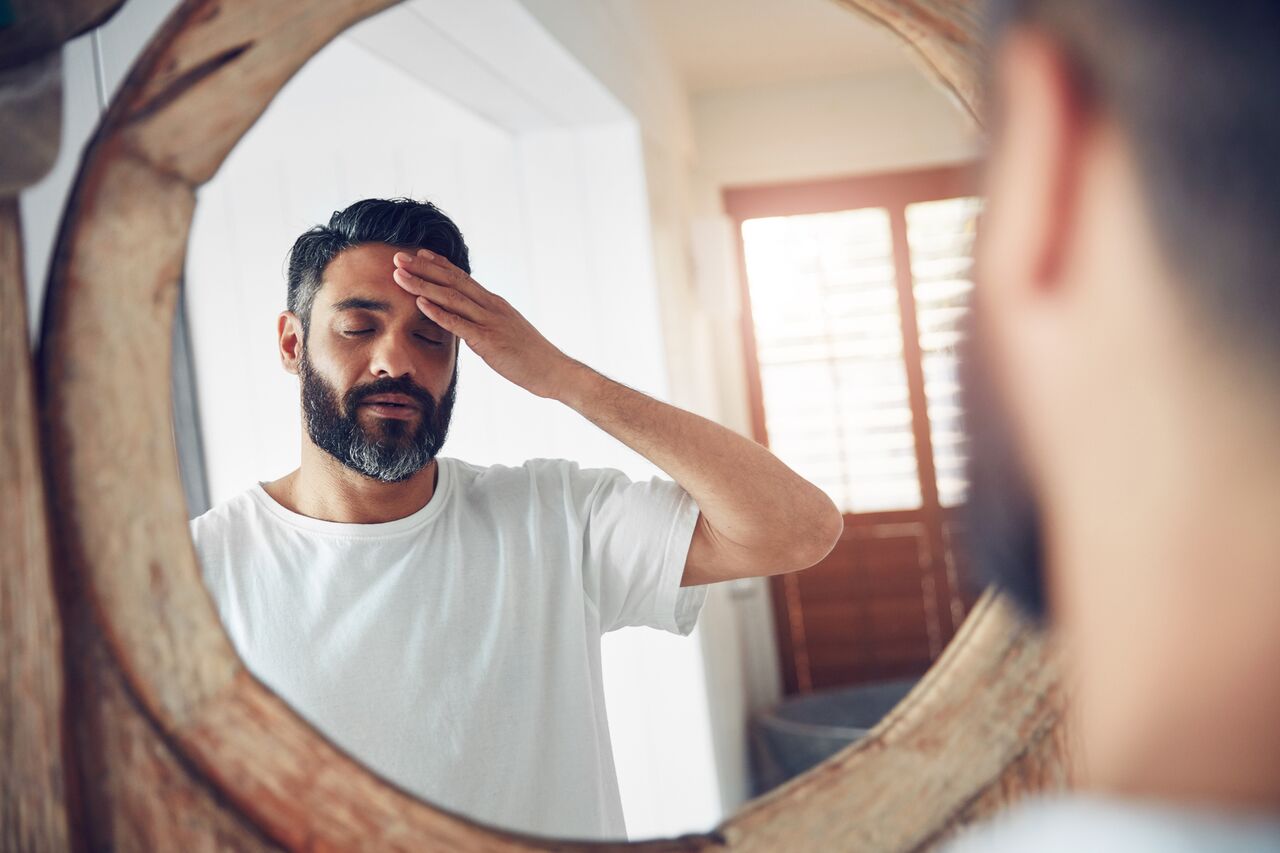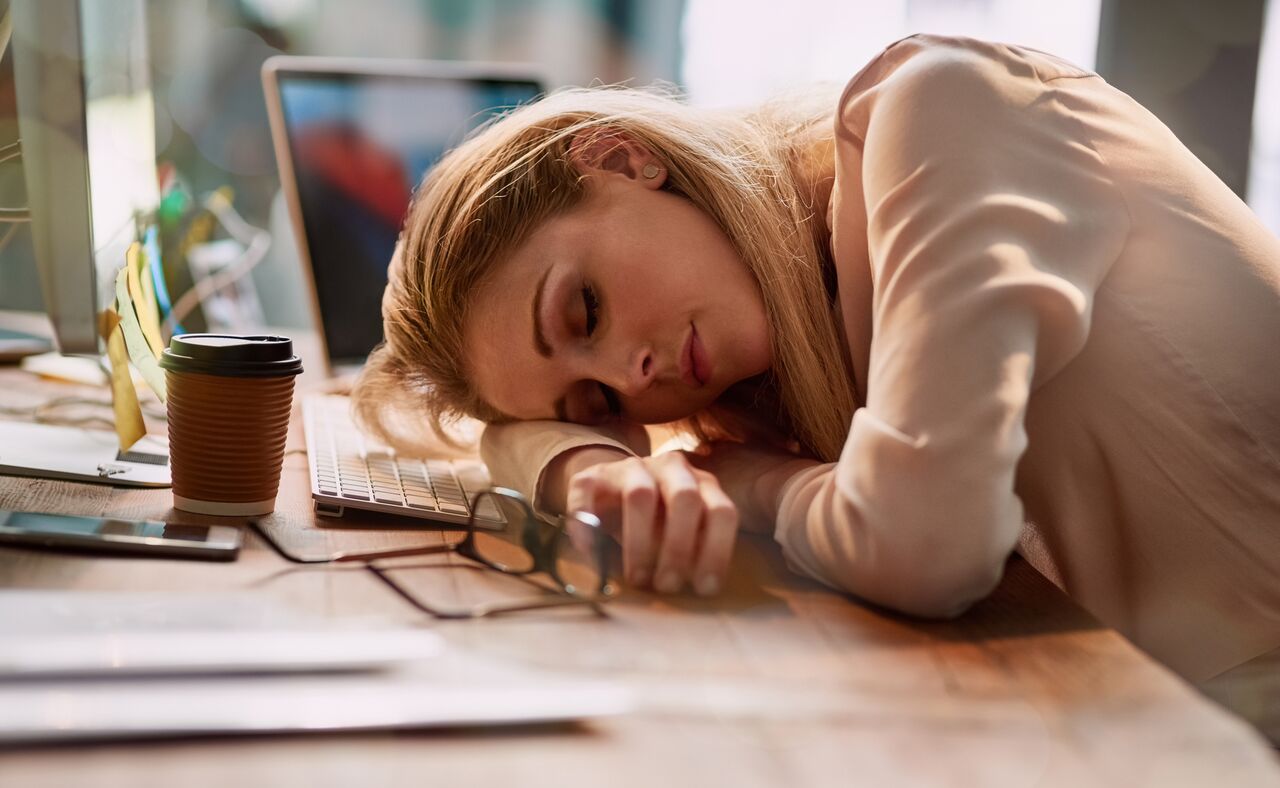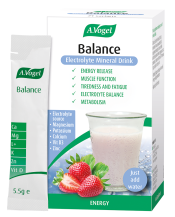Why does high blood pressure make us feel tired?

High blood pressure (also known as hypertension) is often called the ‘silent killer’ because, in most cases, it doesn’t have any apparent symptoms. However, fatigue and chest pains are among the very few indicators of high blood pressure. Fatigue caused by high blood pressure occurs as a result of many different factors including the effects of condition itself, medication management and lifestyle choices. High blood pressure causes tiredness as a result of elevated pressure on vital organs such as the brain, heart and kidneys.
Often though, medication plays a larger role in contributing to fatigue than the actual condition does. Tiredness is often a common side effect of many medications used to lower blood pressure. Blood pressure medications may slow the pumping action of the heart, in the case of diuretics, the body can easily become depleted of essential electrolytes. The body reacts to this by producing less energy and so results in increased tiredness and fatigue. Unexplained tiredness that doesn’t appear to have a cause can be a result of high blood pressure.
How to tackle the tiredness

Drop extra pounds
Carrying around excess weight places extra pressure on the heart and arteries which means that your body has to work a lot harder to function physiologically. Being overweight also increases your chances of suffering from sleep apnoea meaning that you’ll be more likely to experience tiredness and energy slumps throughout the day. Excess weight will also contribute to high blood pressure and put you at higher risk of developing heart disease.
Keep active
Although it may feel like the last thing you want to do when you’re feeling tired, regular exercise can help to improve your heart rate and respiration. What’s more, a study carried out by the University of Georgia found that both low and high intensity exercise could significantly reduce fatigue symptoms and increase energy levels by up to 20%!1
This doesn’t need to be high intensity exercise either! In fact, the same study looked at both high and low intensity exercise and discovered that high intensity exercise wasn’t actually better at reducing fatigue than low intensity exercise. While both reaped high benefits, those participating in high intensity exercise reported a 49% drop in fatigue whereas low intensity exercise participants reported a substantial 65% drop in fatigue symptoms.
A little bit of exercise can go a long way, and can even be done from the comfort of your living room. Why not try a few arm reps with some tins of beans? Alternatively, you could even try a few jumping jacks like the ones demonstrated in the video below while you’re waiting for the kettle to boil. If you’ve got 10 minutes to spare try out our easy 10 minute workout for beginners. Not only is it super easy to fit into your day but it also has some handy videos to help you out.
Eat your way to better energy and heart health
Your diet can play a big part in helping to lower your blood pressure. Salt can increase your blood pressure so reducing your intake can be beneficial; DASH diets and Mediterranean diets are thought to be among the best diets to follow for reducing high blood pressure. To learn more about your diet and high blood pressure click here.
Some foods have the ability to lower your blood pressure and circulation whilst others are beneficial for giving you an energy boost. Our blogs ‘6 fantastic foods to lower high blood pressure’ and ‘My top 11 foods for boosting your energy’ have our top food suggestions! Diets high in potassium are thought to help counteract the blood-raising effects of salt in the body. Similarly, omega-3 is thought to be a natural fatigue fighter so can be beneficial for reducing tiredness caused by high blood pressure.
Get outside
Sunlight is thought to help lower blood pressure in small (but still significant) amounts. It is not yet fully understood why sunlight has this effect, but nitric oxide is thought to play a role and have beneficial effects on our cardiovascular system. Sunlight also triggers the release of serotonin and endorphins chemicals that are associated with improving low mood. For more information on how being outside can benefit our health check out my blog for some of the ways that nature can make us happier.
Daylight also helps to regulate our sleep pattern and circadian rhythms. Your body is better able to distinguish between day time and night-time after being exposed to some daylight. This means that your body will be more likely to trigger the production of your sleep hormone, melatonin, at the right time therefore helping you to get a better night’s rest.
Stress less
As I discuss in my blog ‘Natural ways to lower stress and help you take control of your high blood pressure’ stressful situations can cause your blood pressure to spike temporarily and the stress hormones produced cause your heart to beat faster and your blood vessels to narrow. Although stress does not directly cause high blood pressure, it definitely plays a part in elevating it.
Your blood pressure isn’t constant but changes throughout the day depending on your activities, diet and feelings. Stress can make us feel exhausted both mentally and physically as it depletes us of important nutrients, particularly if we experience stress over a long period of time. Therefore, taking steps to manage your stress levels can be beneficial in preventing tiredness as well as for lowering your blood pressure.
Balance your mineral levels
 Looking for something to top up your energy levels? Look no further as our Balance Mineral Drink is here to help! This tasty drink contains a special blend of essential minerals specifically combined to help you combat fatigue and tiredness. Vital electrolytes including calcium and magnesium help to support our energy levels as well as support normal muscle function.
Looking for something to top up your energy levels? Look no further as our Balance Mineral Drink is here to help! This tasty drink contains a special blend of essential minerals specifically combined to help you combat fatigue and tiredness. Vital electrolytes including calcium and magnesium help to support our energy levels as well as support normal muscle function.
1 https://well.blogs.nytimes.com/2008/02/29/the-cure-for-exhaustion-more-exercise/








